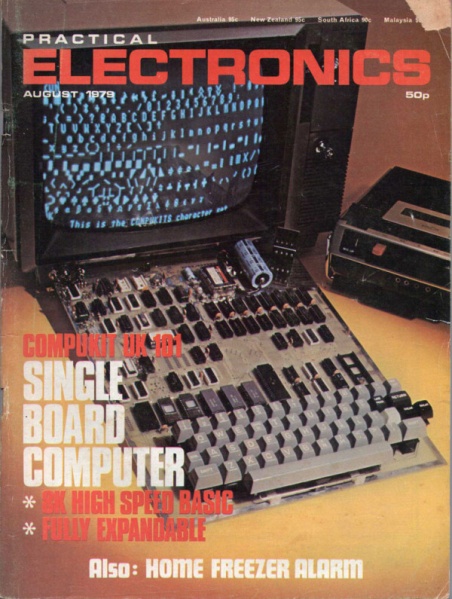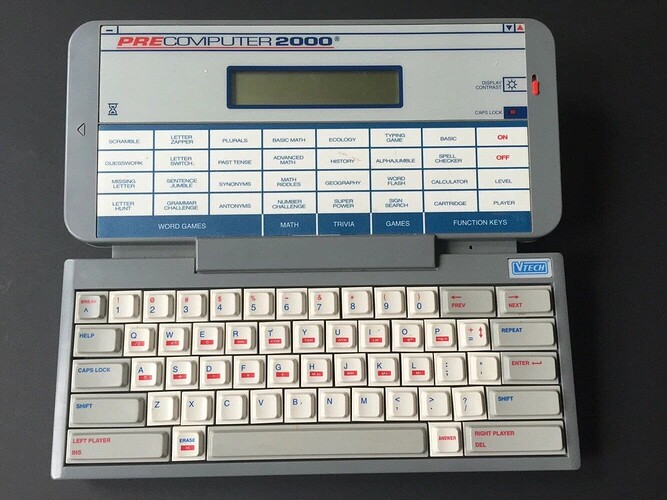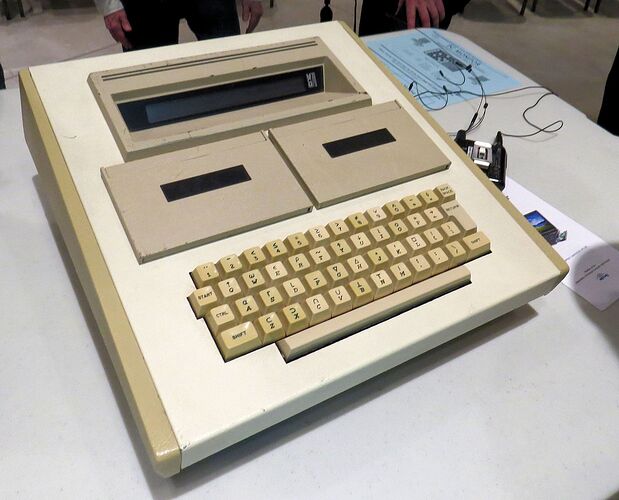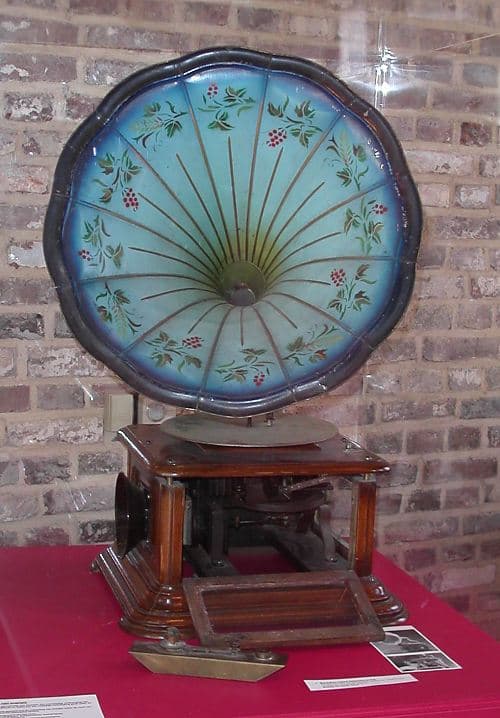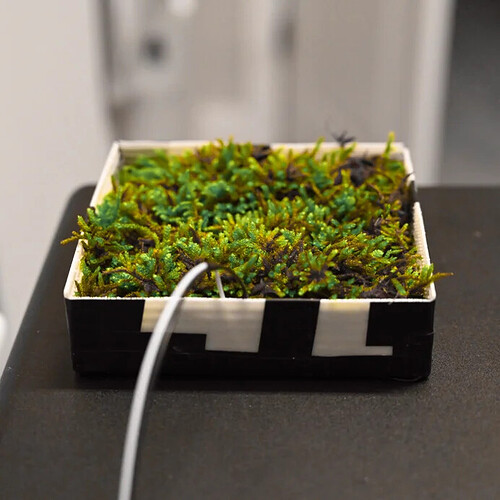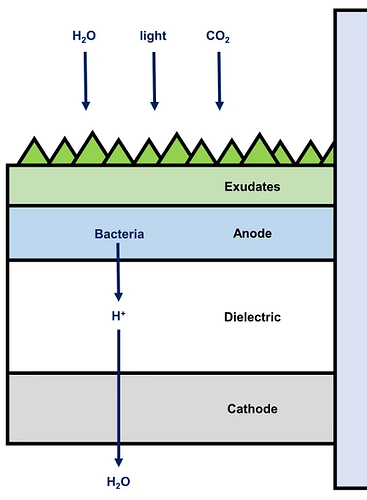Thinking about @neauoire’s categories of Frugal, Salvage and Collapse Computing I had an idea: Desert Island Computing is the sort of computing you might do in the Desert Island Discs scenario - shipwrecked and alone with the minimum of possessions, what special pleading might you make in the direction of computing.
And my thinking is this: such a computer is not about communication, of any sort, which is a big difference from the everyday perception of computers today. What might we do with an isolated computer, and which one might we choose?
My own first machine was a Compukit UK101, a single board micro with Basic and a very rudimentary machine code monitor, shipped as a kit. It’s certainly standalone, and it’s relatively primitive - with a soldering iron and some spare parts it’s very repairable, as any kit would be.
I’d be able to do all the same things on this in a desert island context as I could do back in the day - a bit of Basic programming, a minimal amount of hand-assembled machine code programming. My friend wrote a single-stepping monitor on it, and an assembler and disassembler would be possible. Mine had 8k of RAM, which is a bit of a limitation.
My second machine was a BBC Micro, eventually expanded with a floppy interface and two disk drives. It has 32k of RAM and the Basic has a built in assembler - much more capable, in a sense, but only by degree. More convenient too.
Both of those need mains power and a TV. So perhaps another candidate would be a Psion 3, another of my favourite computers. It has applications built in, including a spreadsheet and calculator, and also is programmable in OPL.
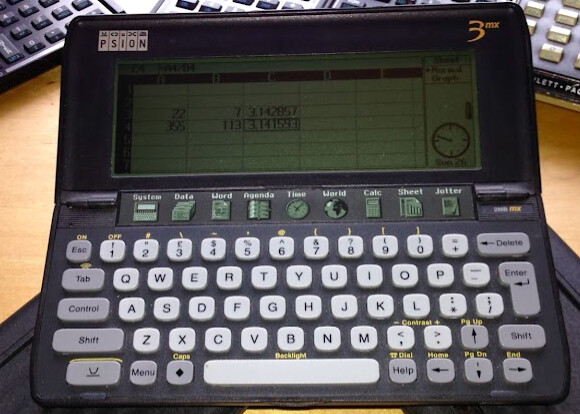
What might I do with a computer? Hopefully, I’d program, do some mathematical or graphical explorations. Perhaps I’d have the self-discipline to write some useful application, like a compiler. Just maybe I’d try to write a game. Possibly I’d write - a story, or a memoir, or an encyclopaedia according to me. Perhaps I could write a wiki and then fill it with thoughts and observations.
